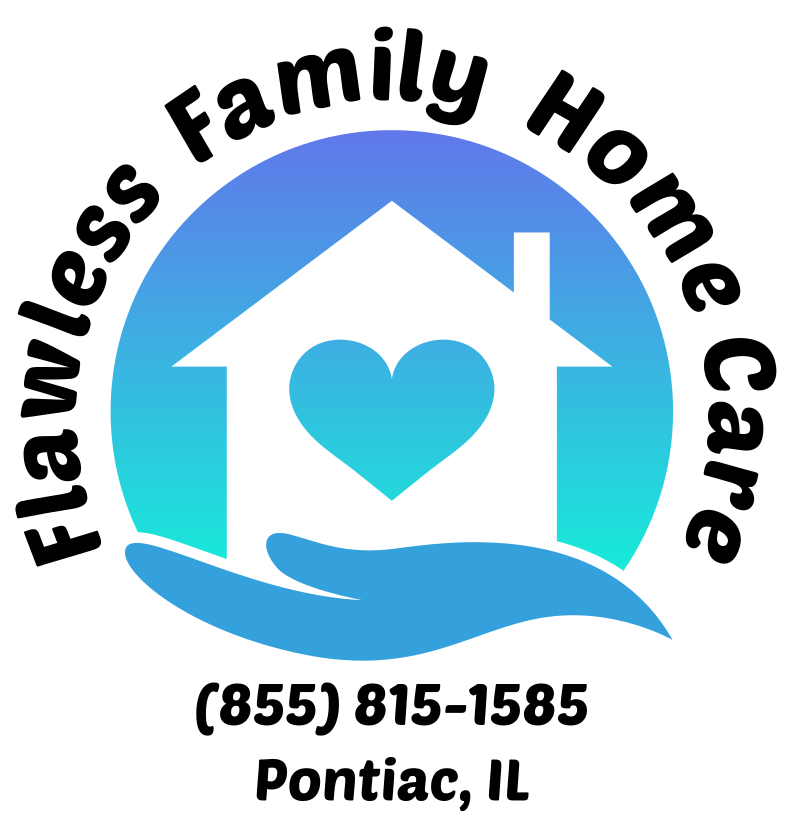New Study Offers Different Perspective on Blood Pressure for Older Adults
Prevailing medical thought has generally agreed that systolic blood pressure–usually the first number in a blood pressure reading, and the higher of the two–should be kept under 140. High blood pressure raises significant concern as blood vessels weaken, and it is often a precursor of heart attack and stroke. In order to keep blood pressure numbers within acceptable ranges, doctors often prescribe medication to their patients. But a study recently released in the medical journal Drugs and Aging suggests that a systolic blood pressure of 150 may be “good enough” in adults over the age of 60. The study found no significant increase in benefit associated with maintaining systolic blood pressure for older people at 140 as opposed to 150.
Blood Pressure Medication Carries Risk
While the scientists who conducted the study agreed that it is still vital to manage blood pressure in order to reduce medical risk, they also recognized that for elderly people, the side effects associated with blood pressure medication can carry significant risk as well. One of those risks is orthostatic hypotension, a condition in which a person’s blood pressure drops when they stand up. This may not sound serious, but the sudden drop in blood pressure can make the person feel dizzy, resulting in falls and injuries especially among older adults.
Weighing the Risks
The dangers associated with orthostatic hypotension among older adults have led some doctors to suggest that it is better to avoid using blood pressure medication if the systolic number remains at 150 or below. These doctors believe that the risks associated with medication may exceed those of a systolic blood pressure between 140 and 150. Since most medical guidelines are based on research conducted among young adults, researchers believe that more studies should be done to determine how various blood pressure conditions should be approached among older people. The bottom line is that you should talk with your doctor about the potential risks and benefits associated with blood pressure medication in order to determine the best course of action. He or she will help you weigh your options as you determine whether or not medication is the right step for your aging loved one.
Encouraging Healthy Blood Pressure
While medication often plays an important role in controlling high blood pressure, there are other steps you can take to encourage blood pressure to remain within healthy ranges. These include providing a healthy diet, offering opportunities for exercise, and encouraging healthy weight management to help your loved ones maintain a positive lifestyle. If these steps do not resolve the problem of high blood pressure, medication may also be required to reduce your loved one’s risk of heart attack or other serious illness. An in-home caregiver can help by preparing healthy meals and reminding clients to take medication on time, providing peace of mind to family members and loved ones.
Photo by PBoGS
Photo by digital internet
Photo by PetroleumJelliffe
Flawless Family Home Care Is Here To Help You!
Whether you or your loved one needs help with personal care, supportive services, companionship or more, we are here to help! Just call Flawless Family Home Care today at (855) 815-1585 to get started!

